Vermicomposting and Vermiwash
In stock
Man made fertilizers have come to stay in the twentieth century for increasing the output of agriculture products and to meet the ever increasing demand of human population which has been further accentuated by the limited availability of additional fertile farm land. The pathway of productivity improvement followed so far has, however, been accompanied by an exponential increase in the consumption of non-renewable forms of energy. Manufacture of chemical fertilizer is heavily dependent on energy derived from fossil fuel which is getting depleted at a very fast rate. Indiscriminate use of pesticides has led to the deterioration of soil health, contamination of air, water and food. Sustainable agriculture is one in which the goal is permanence, achieved through the utilization of renewable resources. This led to the development of organic farming and Integrated Plant Nutrient System. Among various components of organic farming/IPNS, Vermicomposting is key component. Vermicompost involves turning of waste garbage which otherwise pollutes the environment to a valuable compost through the agency of earthworms. The money making potential of vermicompost and vermiwash is so attractive that it is rapidly becoming a growth industry. Intensive agriculture with the use of chemical fertilizers in large amount has no doubt, resulted in manifold increase in the productivity of farm commodities but the adverse effect of these chemicals are clearly visible on soil physical properties, micro flora, quality of water, food and fodder. The large quantity of organic waste nearly 700 million t/year generated in India is either burned or land filled posing a problem of safe disposal. In nature’s laboratory there are a number of organisms (micro and macro) that have the ability to convert organic waste into valuable resource containing plant nutrients and organic matter which are critical for maintaining soil productivity. Microorganisms and earthworms are important biological organisms helping nature to maintain nutrient flow from one system to another and also minimize environmental degradation. Vermicomposting is one of the best method of composting any kind of organic matter, which could provide a win-win solution to tackle the problem of safe disposal of waste and also provide most needed plant nutrients for sustainable productivity. The book include all about earthworm, Vermicomposting and Vermiwash Technology. The book will be useful to the students, teachers, scientists and researchers from the different branches of agriculture.

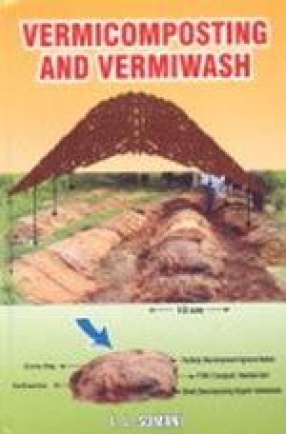
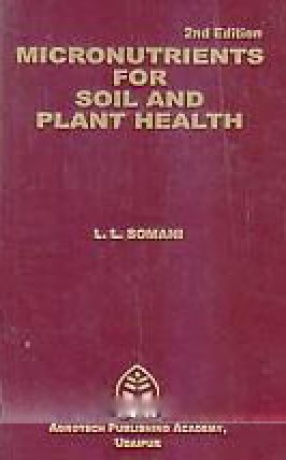
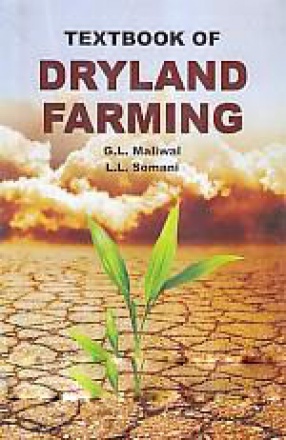
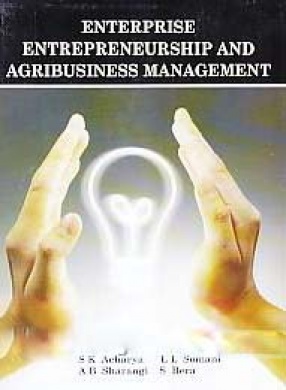

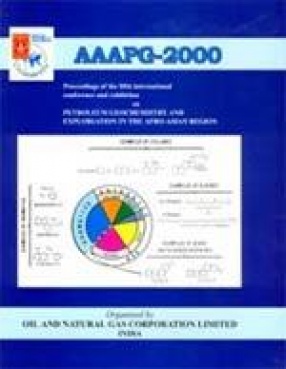

There are no reviews yet.